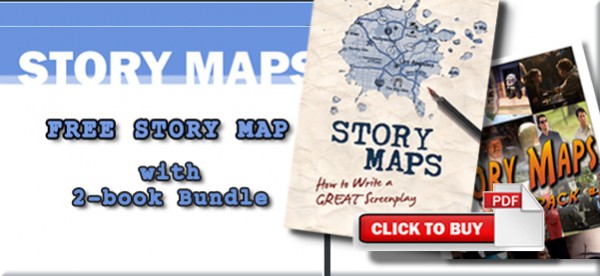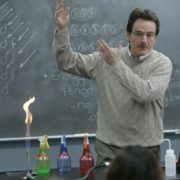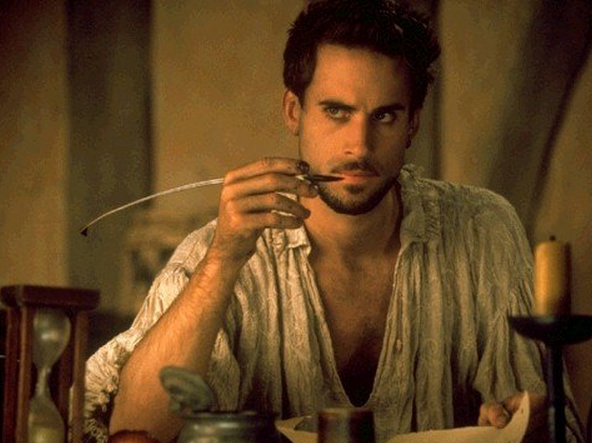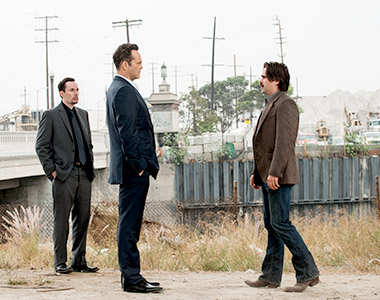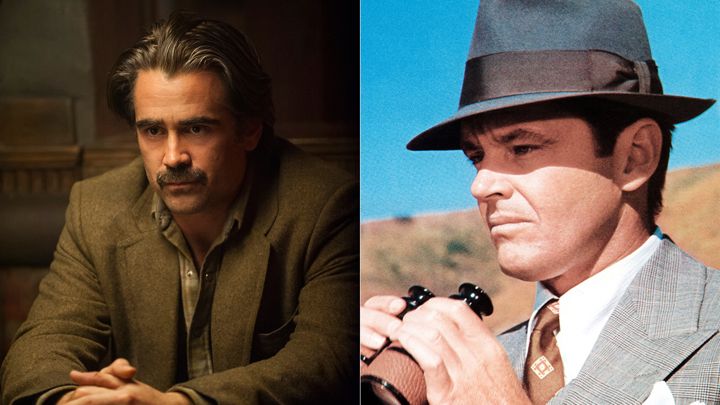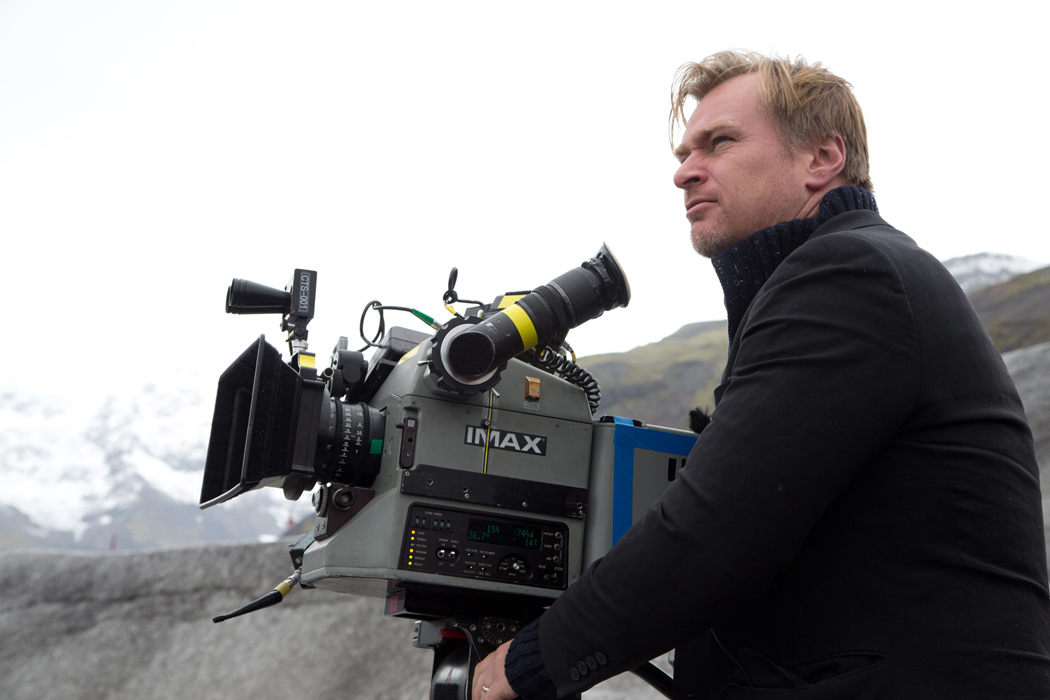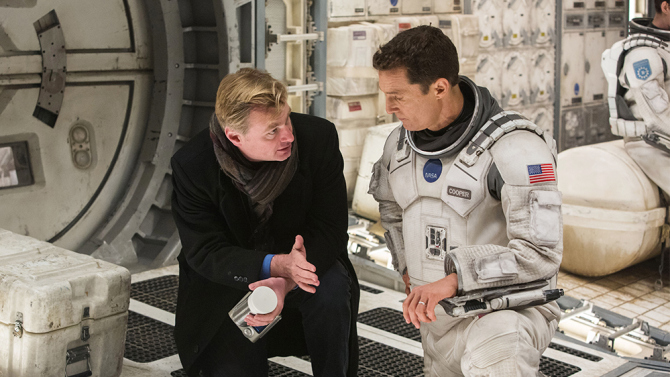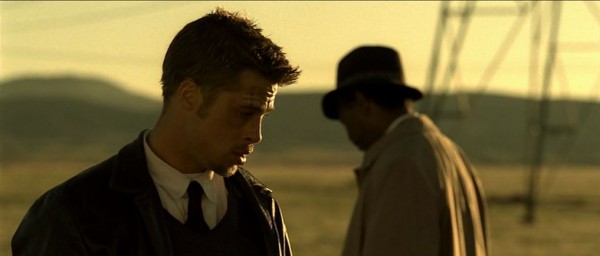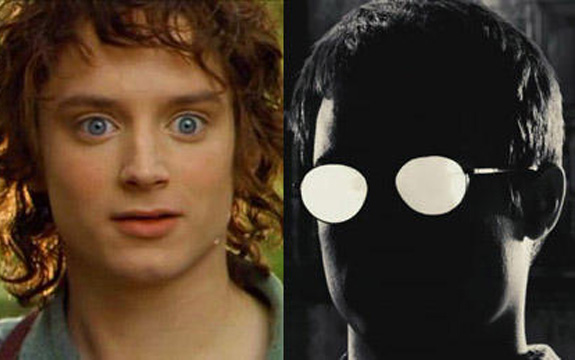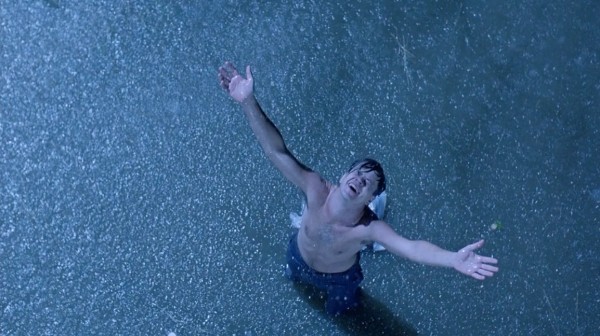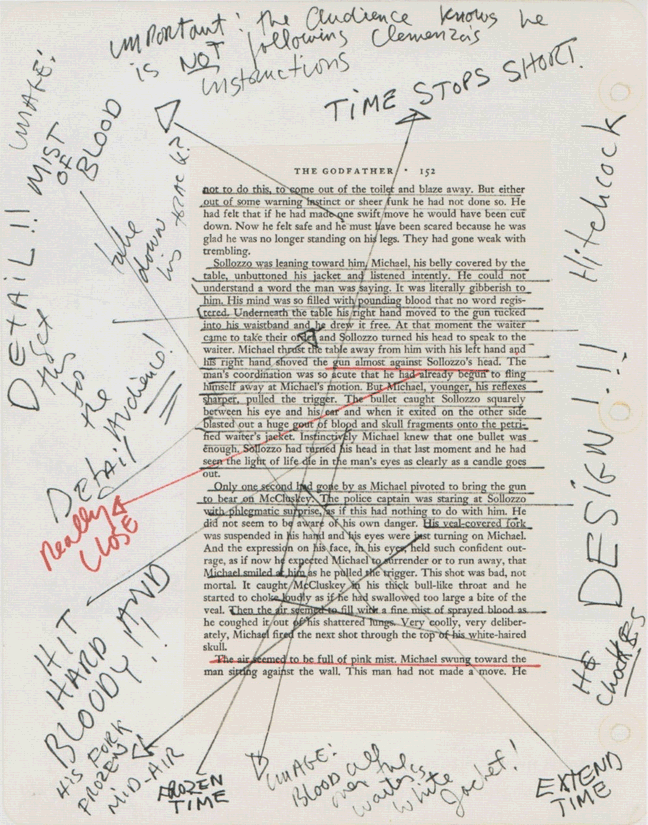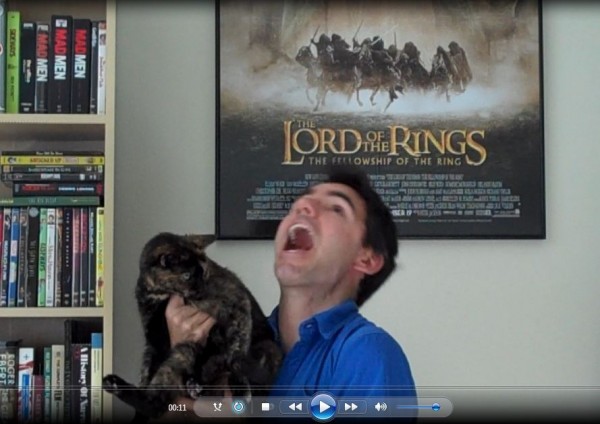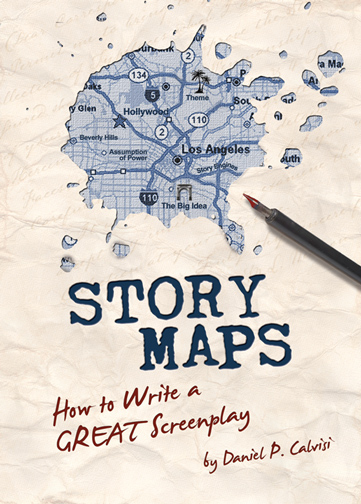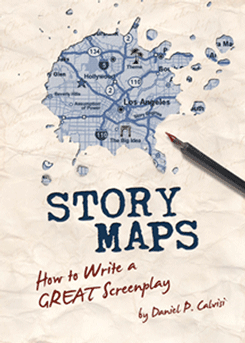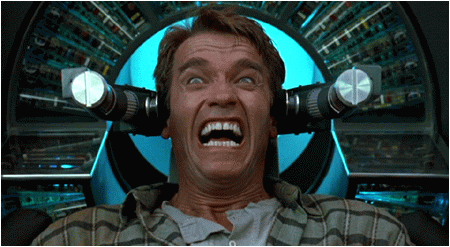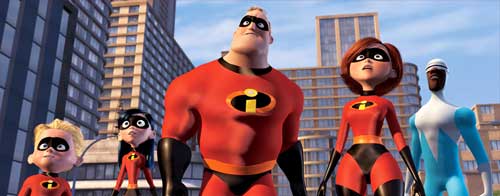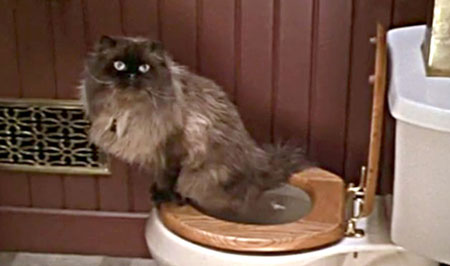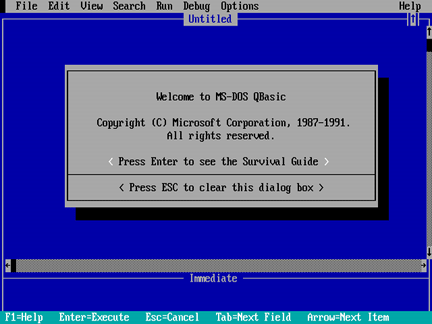Horror at the Oscars (Concept Creation and “The Substance”) by Daniel Calvisi

When we think of the Oscars, we don’t immediately think Horror movies. But it happens. This year, we got The Substance with five nominations and Nosferatu with four. Alien: Romulus claimed one nomination. Academy-lauded Horror films of the past include The Sixth Sense, Get Out, Misery, The Exorcist and Best Picture-winning The Silence of the Lambs, which many label a Horror film, although I’m not sure I agree.
I’d also make a case for Parasite (Winner Best Picture and Best Original Screenplay 2020) being considered a “slow burn” horror story. Consider three big structural elements native to the genre: There is a terrifying reveal late in the film (the man trapped in the basement); it all builds to a horrific incident of violence (the party); and it ends with a very dark coda that offers up a nice bit of dramatic irony (the new guy in the basement).
Get Out is the best example of “elevated” horror success in the past decade, and Jordan Peele deservedly took home the Best Original Screenplay Oscar in 2018. There is a lot to say about the story construction of Get Out that I get into in the new edition of my book, but let’s focus on one of 2024’s breakout films (in a year where there were a lot of breakout horror films).
The Substance made its mark not just with its outrageous body-horror moments (and they are outrageous!), but I think it primarily got noticed (and possibly greenlit) due to its IDEA, that was simultaneously, classic, relatable and relevant. A logline: A desperate actress turns to a mysterious, regimented procedure that creates a younger version of herself, but when she tries to game the system, she’s met with increasingly disastrous consequences and finds herself at war with her starlet alter-ego. It’s a modern, satirical take on the doppelgänger myth meets Hollywood. And it’s a great concept.

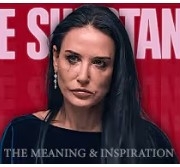
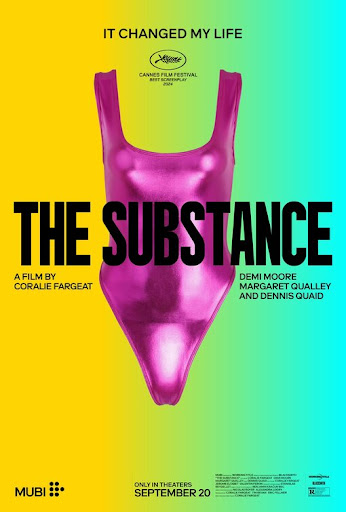
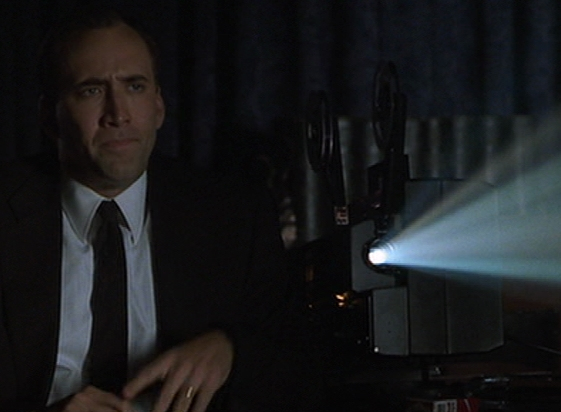



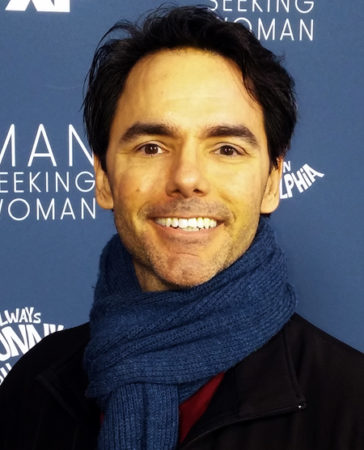 I’d love to help you get on your way, build your story with the strongest foundation possible and ultimately achieve your craft and career goals. If you’d like to work with me, please take a look at
I’d love to help you get on your way, build your story with the strongest foundation possible and ultimately achieve your craft and career goals. If you’d like to work with me, please take a look at 